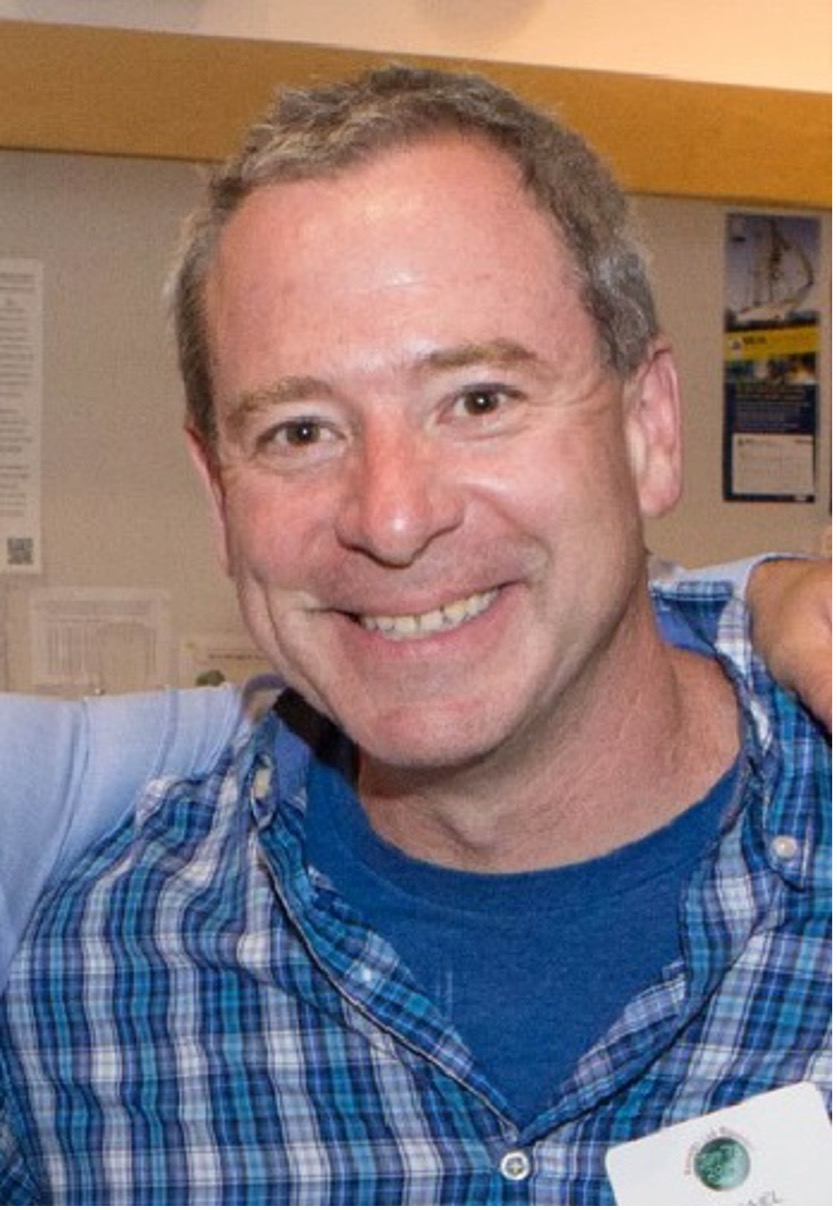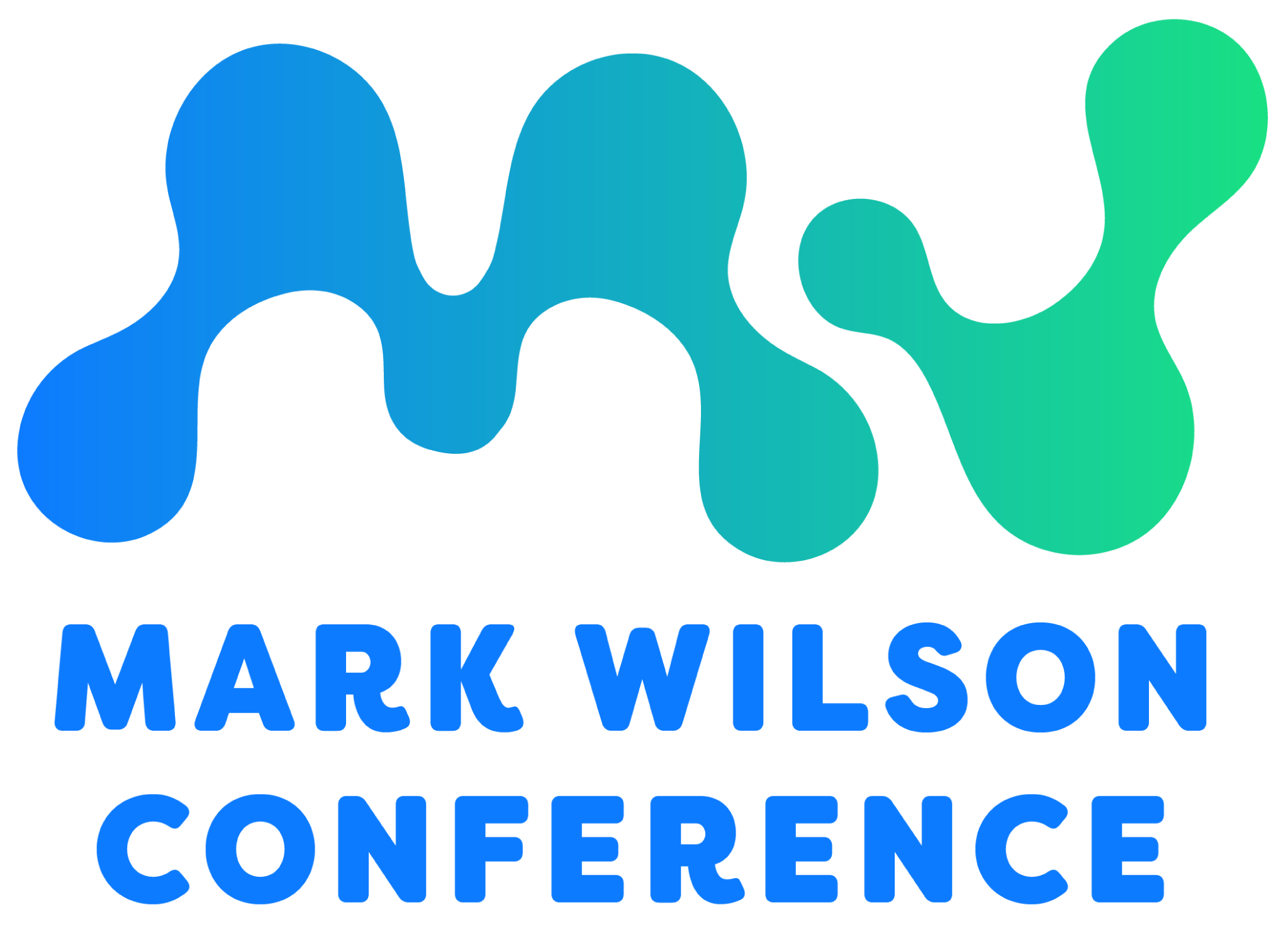
Michael Federele, PhD
Tapping communication networks to reveal pathogenic social behaviors of streptococci
University of Illinois Chicago Faculty Profile
Dr. Federle has spent over 28 years studying, researching, and mentoring in the field of molecular microbiology and bacterial pathogenesis. In 2008, he established an independent research laboratory at the University of Illinois at Chicago, focusing on chemical signaling in Gram-positive bacterial pathogens. His laboratory has helped to identify a widespread protein family characterized as cytoplasmic pheromone receptors. It is his mission to identify signaling pathways in Gram-positive pathogens (including Streptococcus pyogenes, S. pneumoniae, S. agalactiae, and S. mutans), characterize their benefits in bacterial survival or pathogenesis, and elucidate mechanisms of signaling interference as potential anti-virulence strategies.
Paul Kubes, PhD
Understanding how the immune response starts and ends using imaging
Queen’s University Faculty Profile
As a scientist and Canada Excellence Research Chair in Immunophysiology and Immunotherapy at Queen’s University, Dr. Kubes’ career has focused on pioneering intravital imaging approaches to reveal the dynamic roles of neutrophils and macrophages in infection, inflammation, and tissue repair. His laboratory’s discoveries, published in leading journals such as Science and Nature, have advanced our collective understanding of immune cell behavior and host defense, with direct relevance to critical illness and inflammatory diseases. Recognized by major awards and international leadership roles, he remains dedicated to translating fundamental discoveries into improved patient care and to fostering the next generation of scientists in immunology.

